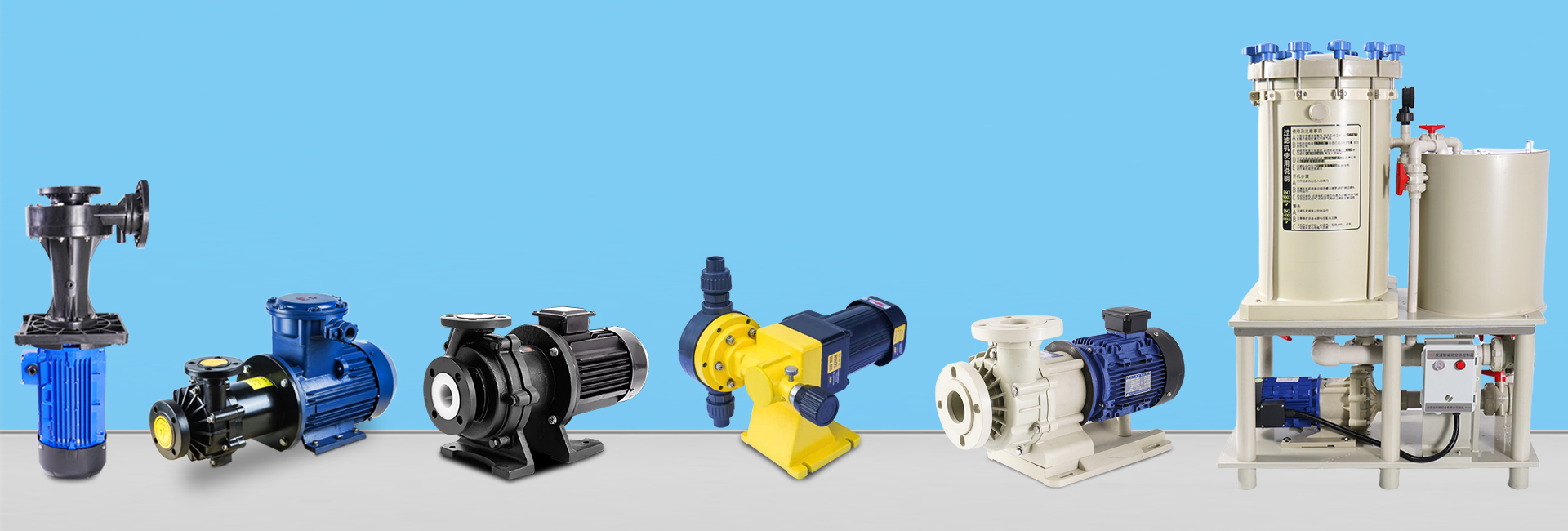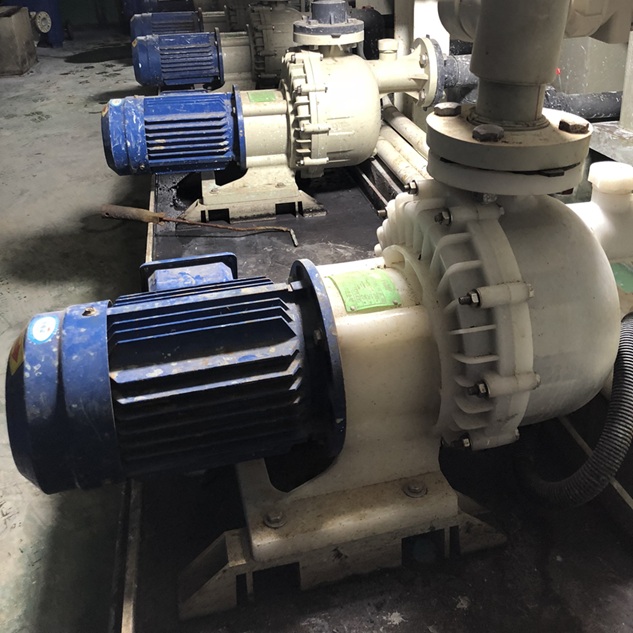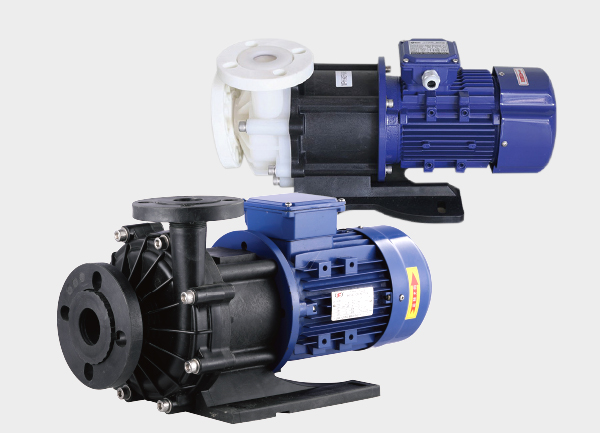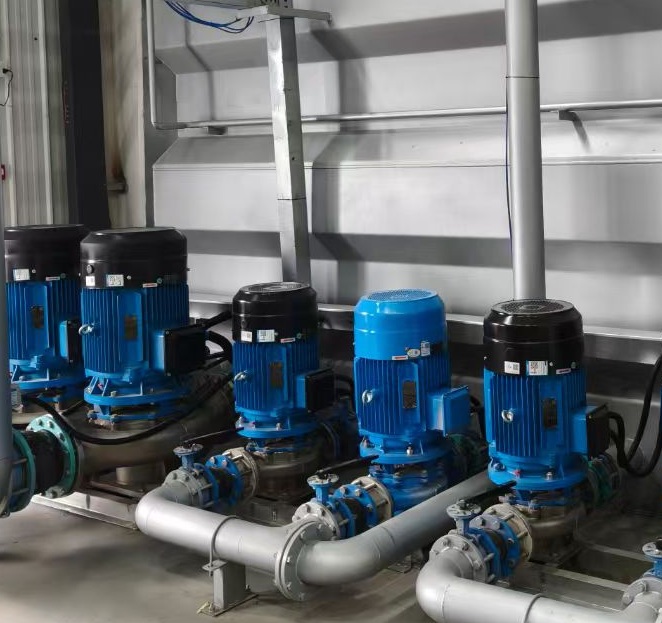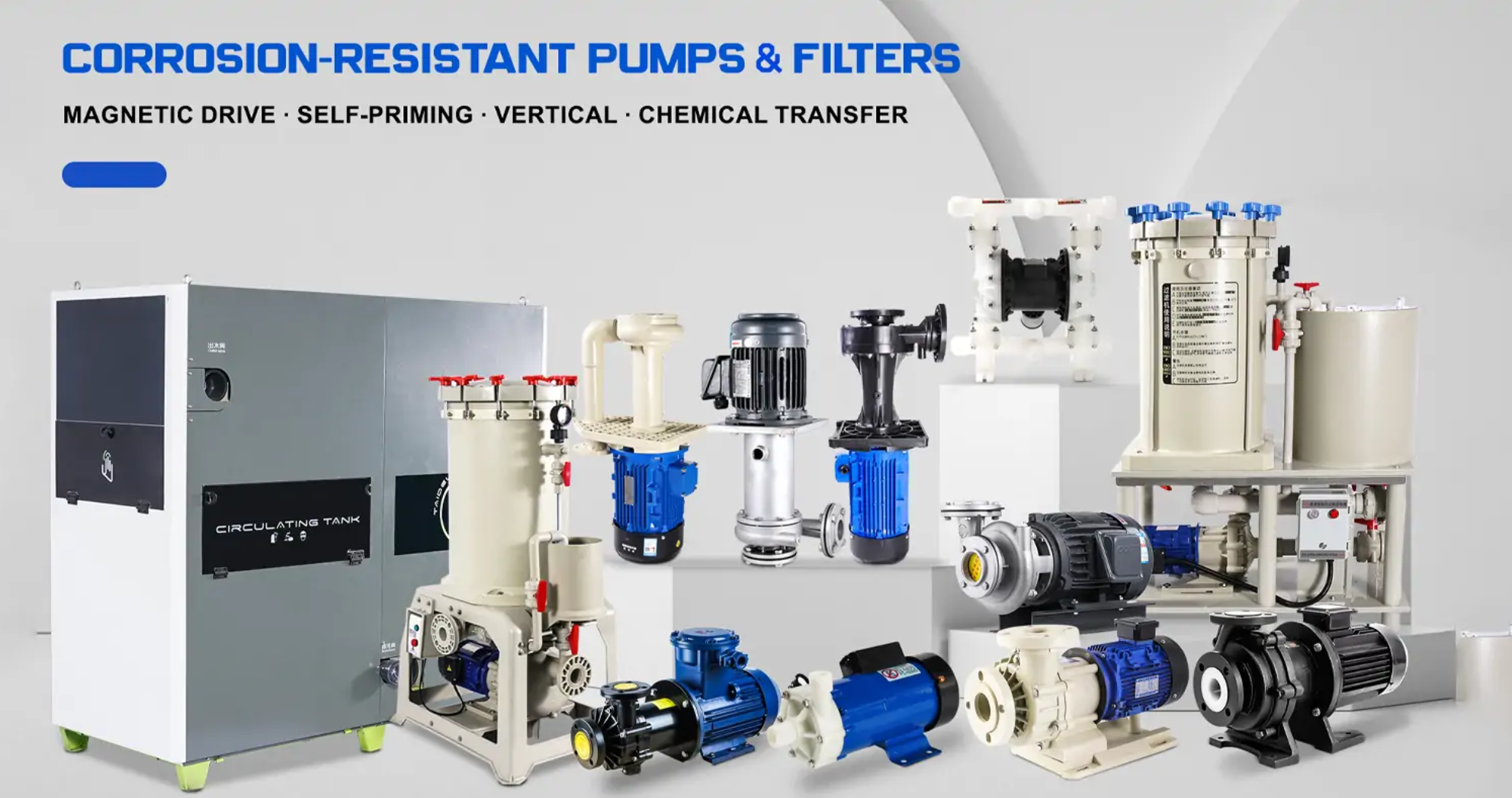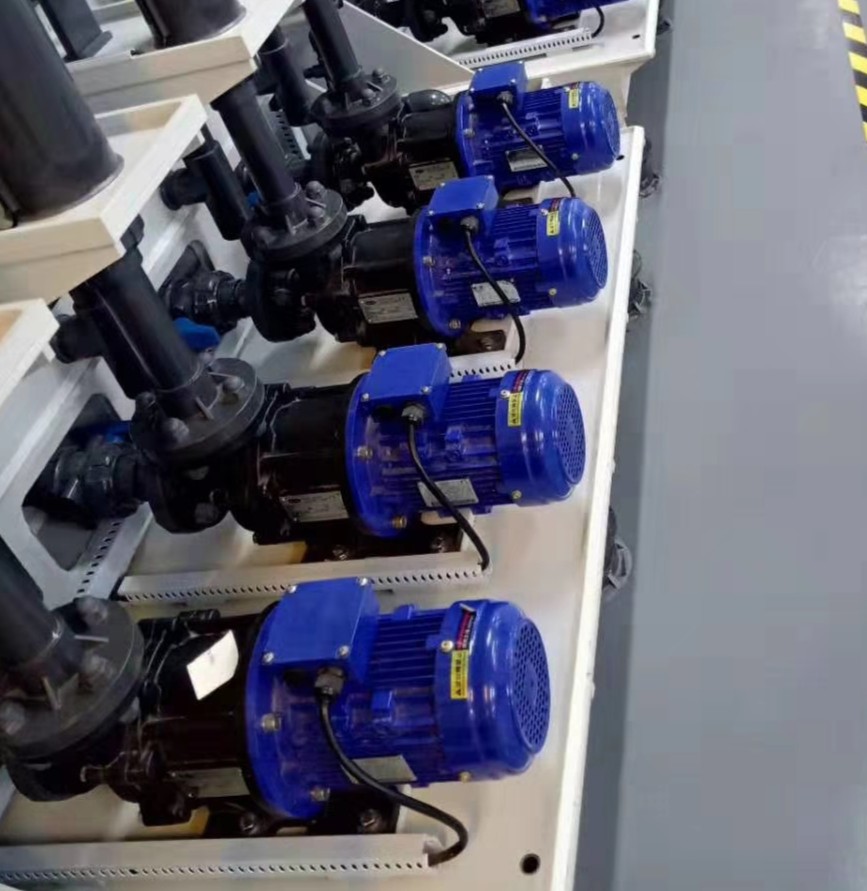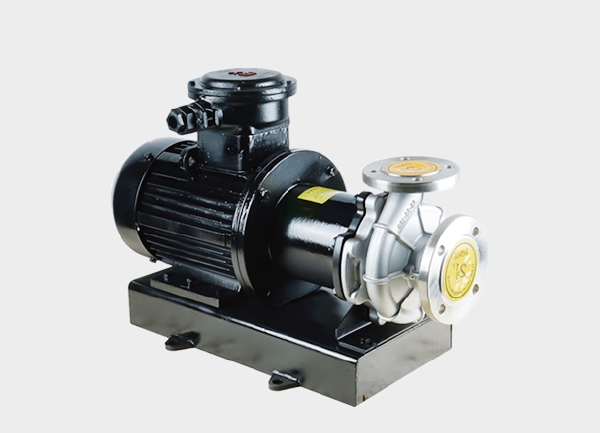An electric chemical pump is a motor-driven device specifically designed to transport various chemical media. It is widely applied in petrochemicals, pharmaceuticals, electroplating, environmental protection, and many other industries. Its core advantages lie in efficiency, safety, and adaptability to complex working conditions. The following sections provide an in-depth overview.
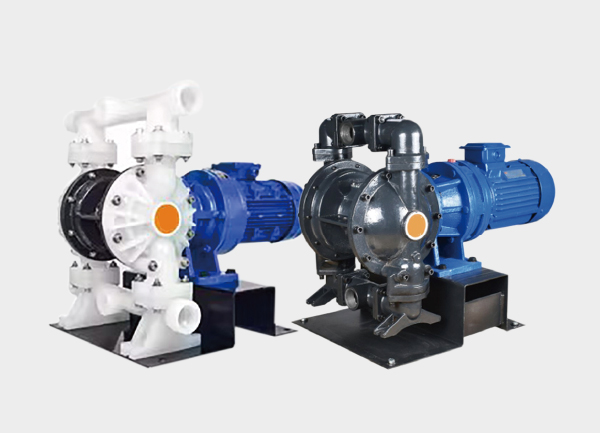
I. Core Types and Working Principles
1. Centrifugal Pumps
Centrifugal pumps rely on the impeller’s high-speed rotation to generate centrifugal force that drives the liquid outward. They are ideal for large-flow, low-head applications. For example, the ZX self-priming centrifugal pump by Shanghai Yangguang Pump Industry uses an axial liquid-return design to achieve self-priming without a bottom valve. Such pumps often adopt corrosion-resistant materials (e.g., fluoroplastics, stainless steel) and can handle media containing light solid particles.
2. Diaphragm Pumps
Diaphragm pumps use an electric motor to drive the diaphragm in a reciprocating motion, creating volume changes that move the fluid. A typical example is Graco’s QUANTM electric double diaphragm pump (EODD), which features a seal-free design that eliminates mechanical seal leakage risks. It also includes an integrated leak detector that automatically shuts down the pump if the diaphragm fails, ensuring operational safety. This type is especially suited for highly corrosive, viscous, or particle-laden media.
3. Magnetic Drive Pumps
Magnetic drive pumps use magnetic coupling transmission to achieve non-contact power transfer, completely eliminating shaft seal leakage. For instance, JieKai Pump’s corrosion-resistant magnetic pump features a specially designed dry-running shaft seal and one-piece shaft design, allowing it to withstand dry running while extending motor lifespan.
II. Key Technical Characteristics
1. Material Selection
Material choice depends on the corrosiveness of the medium:
Fluoroplastics: Resistant to strong acids and bases.
Stainless steel: Suitable for weakly corrosive media.
Ceramics: Wear-resistant, ideal for abrasive conditions.
Cast iron: Limited to clean water or mildly corrosive liquids.
For example, the IHF fluoroplastic alloy pump can transport virtually any acid or alkali, while cast iron pumps are restricted to light-duty use.
2. Sealing Systems
Mechanical seals: Common in centrifugal pumps, but require regular maintenance. Seal failure can lead to leakage.
Magnetic seals: Exclusive to magnetic pumps, offering zero leakage but at higher cost.
Diaphragm seals: Core to diaphragm pumps, made from PTFE or rubber, requiring periodic inspection and replacement.
3. Motor Protection and Energy Efficiency
Protection ratings are typically IP54/IP55 (dust- and splash-proof).
Explosion-proof environments require compliance with ATEX or IECEx standards.
IE3+ high-efficiency motors are now mainstream, reducing energy consumption by up to 80% compared with pneumatic pumps.
For example, the Graco QUANTM series reduces compressed air usage, significantly lowering energy costs and carbon emissions.
III. Applications and Advantages
Typical Applications
Petrochemical: Transport of crude oil, acid-alkali solutions, and polymer slurries.
Pharmaceutical & Food: Accurate dosing of drug liquids, syrups, and other sensitive media.
Environmental Protection: Electroplating wastewater treatment, flocculant dosing in sewage plants.
New Energy: Precise delivery of electrolytes in lithium battery production.
Core Advantages
Safety: Seal-free designs and leak detection reduce chemical spill risks.
Low Noise: Electric pumps operate at ~74 dB (normal conversation level), compared to ~100 dB for pneumatic pumps.
Reduced Maintenance Costs: Diaphragm pumps have 30–50% lower maintenance costs than centrifugal pumps and feature strong self-priming, minimizing dry-run damage.
Precision Control: Compatible with variable frequency drives (VFD) and remote monitoring, enabling precise flow and pressure control in automated systems.
IV. Selection and Maintenance Guidelines
Selection Criteria
Medium properties: Corrosiveness, viscosity, and solid content determine material and pump type.
Process parameters: Flow rate, head, temperature, and pressure must match system requirements.
Environmental conditions: Explosion-proof rating, dust/water protection. For example, outdoor use requires IP55 motors, while flammable environments require explosion-proof motors.
Maintenance Recommendations
Routine inspections: Quarterly diaphragm checks for diaphragm pumps; monitoring mechanical seal wear in centrifugal pumps.
Cleaning: Remove deposits in impellers and flow passages to prevent clogging.
Lubrication & cooling: Regular bearing lubrication and cooling system checks in high-temperature applications.
V. Industry Standards and Brands
Standards
ISO 2858: Centrifugal pump performance specifications.
IEC 60529: Motor protection degree (IP ratings).
Leading Brands
Europe & USA: Graco (USA), Flowserve (USA), Sulzer (Switzerland).
Asia: EBARA (Japan), Kaiquan (China), Shanghai Yangguang Pump Industry (China).
Specialized manufacturers: JieKai Pump (China), focusing on corrosion-resistant pump R&D and customized solutions.
VI. Development Trends
Smart Upgrades
Integration of IoT technologies enables remote fault diagnosis, predictive maintenance, and energy optimization. Real-time monitoring of vibration and temperature helps detect problems early.Green & Energy-Saving
Adoption of IE4 ultra-efficient motors and permanent magnet synchronous technology further reduces energy consumption. Lightweight designs and recyclable materials enhance environmental performance.Adaptation to Extreme Conditions
Development of pumps for extreme temperatures (-50℃ to 300℃), high pressures (>10 MPa), and ultra-high viscosity (>10,000 cP) enables their use in emerging fields such as new energy and deep-sea mining.
Conclusion
Thanks to their technical advantages and broad adaptability, electric chemical pumps have become indispensable equipment in modern chemical processes. Proper selection, scientific maintenance, and close attention to technological innovation are the keys to ensuring safe, efficient, and long-term operation.

